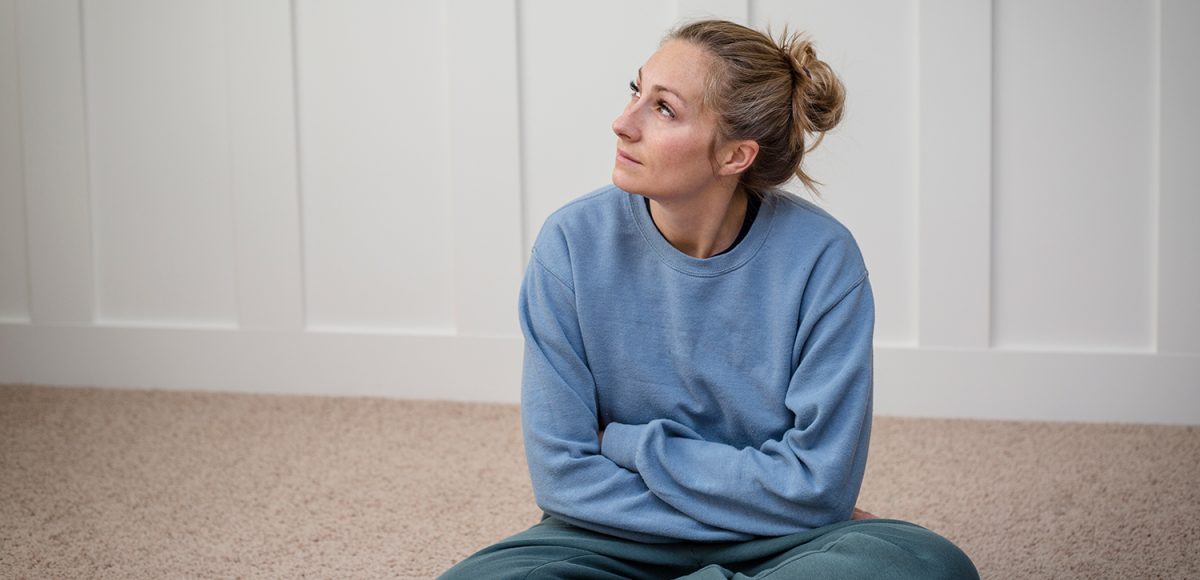Beverly Hills Courier columnist Dr. Eva Ritvo is a psychiatrist with more than 25 years’ experience practicing in Miami Beach. She is the author of “Bekindr-The Transformative Power of Kindness” and the founder of the Bekindr Global Initiative, a movement to bring more kindness in the world. She is the co-author of “The Beauty Prescription” and “The Concise Guide to Marriage and Family Therapy.” She is also the co-founder of the Bold Beauty Project, a nonprofit that pairs women with disabilities with award-winning photographers creating art exhibitions to raise awareness. Dr. Ritvo received her undergraduate and medical degrees from UCLA and psychiatry residency training at Weill Cornell Medicine.
In February 2020, it was unimaginable to most of us that we would spend a year in such a confined way. And here we are, almost a year and half later and only now cautiously reemerging. Imagine this from a fitness angle: What would happen to a runner who stops running for 18 months? The first steps on the track will be shaky, and it may take weeks or months before regaining full capabilities. Likewise, many of us stopped exercising our “social muscles” 18 months ago, and now that we are crawling back into society we are finding that our “social muscles” and other skills may have atrophied a bit.
Here’s a list of issues to consider to help you successfully reemerge:
Embrace forgiveness and patience
As we venture back into restaurants, businesses, and society in general, we are certain to find things don’t always work as smoothly as they did before the pandemic started. For example, when you go back to the restaurant you used to love so much, you might discover that they are very short-staffed. Maybe they are down to a single overwhelmed cook who can’t keep up with pre-pandemic quality standards. No matter where you encounter difficulties with business, try to keep this in mind: we are all trying to figure things out! Be more forgiving and patient than you were before and seek to be the kindest person you can be.
Overdrinking in social settings
Many people have decreased their alcohol intake during quarantine. Now as we return to bars and social settings, we may drink more as we get caught up in the moment or feel pressured to keep up with others. Or maybe you knew exactly how much you could drink before the quarantine, but now the same amount may hit you like a brick. Problems occur when our livers aren’t fully up to speed for an onslaught of alcohol. If we haven’t been drinking, our livers haven’t made the necessary enzymes to detoxify alcohol. I have heard numerous times already about well -intentioned people having side effects like vomiting, headaches, confusion, and mood swings from their nights back out. If you must drink, do so cautiously.
Sensory overload
Being in crowds can be unnerving after so long at home. Noises that were normal before may now seem louder and more irritating. Smells may be more bothersome, particularly cigarette smoke if you have been away from it for over a year. After viewing others as potential threats to our health, it is quite an adjustment to enjoy crowded places again. Go slowly as we are still not in the clear. Crowds may be best avoided until risks are lower.
Socializing in groups
It can be very draining when you are out of practice. Pace yourself as you go back out and be prepared to rest after events. Most everyone is a bit more stressed out, and remember emotions are highly contagious. Limit interactions to those that feel nourishing and try to avoid the ones that drain you.
Night driving
Night driving is far more difficult than day driving, as there are fewer visual cues. If you haven’t been driving much after dark, there may be a period of readjustment. Start slowly and avoid the highway until you regain your confidence.
Travel
If you haven’t done it in a while it can be very anxiety provoking. International travel is particularly challenging as there are many new rules you will have to adapt to. Wearing a mask can be uncomfortable and add to the anxiety associated with getting back out there.
Spending excess money
It was easy to decrease our spending during quarantine and now we are definitely seeing the pendulum swing the other way. Make sure you are monitoring your spending and not simply getting caught up in the enthusiasm of the moment.
Loneliness
For some, the quarantine increased time with family or loved ones as kids and other family members were home day and night. Be patient with yourself as you readjust to alone time and remember that it is important to find ways to enjoy and recharge by yourself.
Relationship challenges
Many relationships started during the pandemic and now need to adapt. As life resumes, couples may find that their interests and energy levels don’t line up as well as they did during quarantine. Make sure to identify and communicate your needs and wants. Going through trauma can also strengthen bonds, so remember to be grateful to those who helped you get through.
Restarting relationships
Interacting with family or friends that you haven’t seen in over a year can be tricky. Many relationships were strained or cut off during quarantine. We need our friends and family for support, and it is important now to reconnect. Reach out even if you haven’t in a while and meet in person again when possible.
Going back to the office
Commuting to work feels like a chore for many. We have become extremely used to working from home, and many have come to prefer it. However, never forget that we humans are social animals. We do lose out when we don’t interact face-to-face, so weigh your options carefully if you have them.
Healthy eating
Eating well back in gatherings or restaurants can be very difficult. The excitement of being back out, the alcohol, and desire to socialize make it easy to make poor food choices. Our health should remain a top priority, so try to resist the temptations and stick to a high quality, balanced food plan.
Lonely pets
Time with pets will decline as we resume a more normal life. Shelters are already preparing for returns, but fortunately most owners are keeping their pandemic pet. If you are returning to work, look for suitable options for your pet or begin training them to remain for longer and longer periods without you. Walking your dog before you leave and when you get home is a great way to get exercise for both of you.
We must continue to remain vigilant as the pandemic is clearly not over, but we are fortunate to be resuming many activities. Be patient with yourself and others, as once again we are changing our patterns and like the wobbly runner, we may not be at our best for a while.







